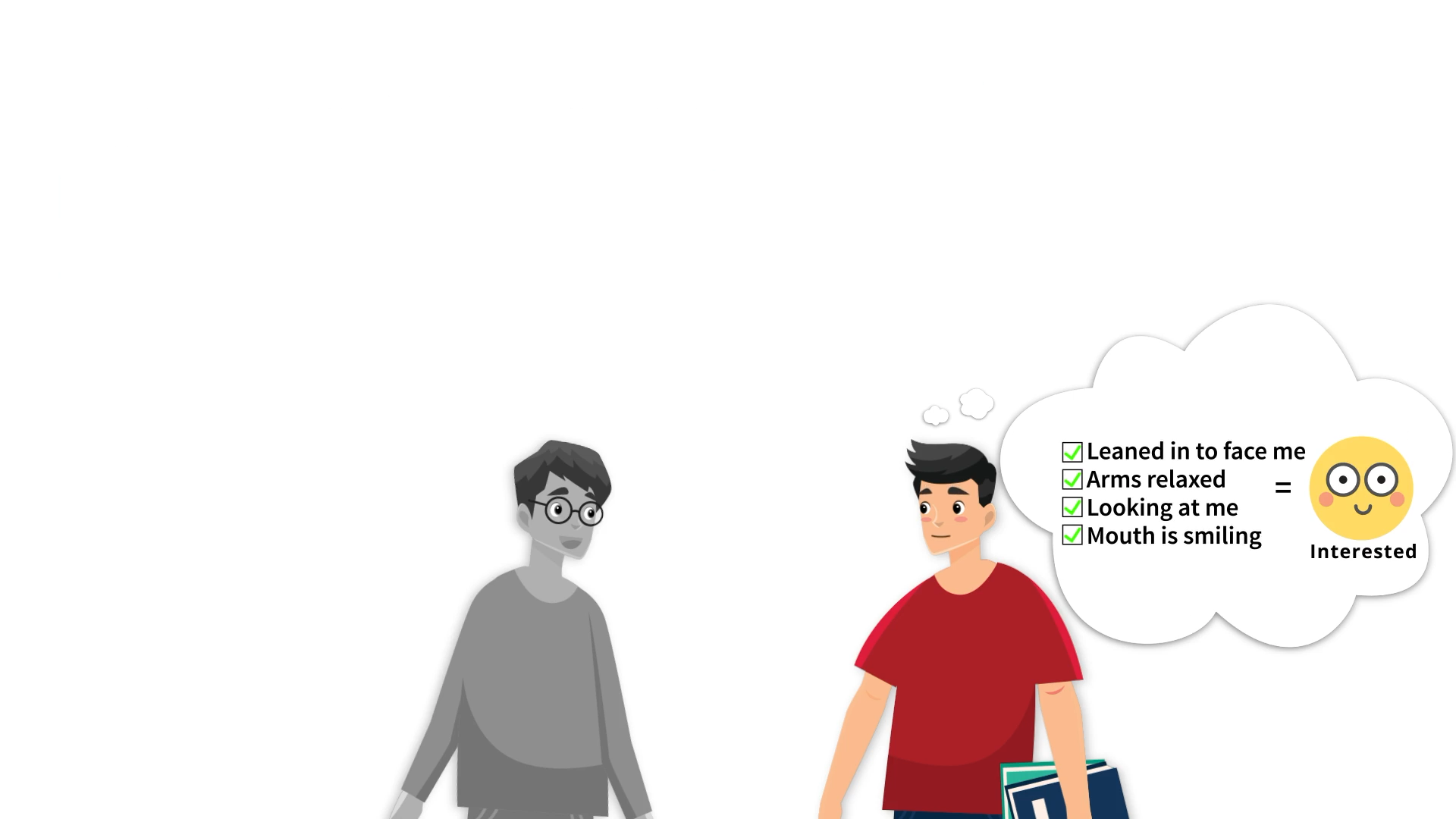In this blog post, we’ll explore the importance of body language in communication and how to teach students in special education to observe and respond to it in social situations. Body language refers to the way people move their bodies, eyes, and make facial expressions. It provides valuable clues about how someone feels, which can help us know how to act in a conversation. The first step to understanding body language is being a good observer, and this skill is essential for students to develop.
Introduction
Body language plays a crucial role in our daily interactions with others. It helps us gauge the emotions and intentions of the people we communicate with. By teaching students in special education to observe and interpret body language, we equip them with essential social skills that will enable them to better understand and respond to the feelings of others. This, in turn, can lead to more meaningful and successful social interactions.
No-Prep Activity
A simple, no-prep activity to help students practice observing body language is called “Body Language Detective.” To start, gather students in a circle or a comfortable seating arrangement. Choose one student to be the “actor” and have them display a specific body language or facial expression. The rest of the students will be the “detectives” and will observe the actor’s body language. The detectives should then try to guess what emotion or message the actor is trying to convey. After a few guesses, the actor can reveal the intended emotion or message and discuss why they chose to display certain body language cues. Rotate the role of the actor among the students, giving everyone a chance to practice both observing and expressing body language.
Discussion Questions
- Why is it important to be able to read other people’s body language?
- What are some common body language cues that indicate someone is happy, sad, or bored?
- How can we respond appropriately when we notice someone’s body language is showing discomfort or disinterest in a conversation?
- Can you think of a time when you noticed someone’s body language and responded accordingly? How did it affect the interaction?
- How can we improve our own body language to better communicate our feelings and intentions to others?
Related Skills
Teaching students to observe and interpret body language is just one aspect of social-emotional learning. Other related skills that can be beneficial for students in special education include:
- Active listening: Understanding and responding to verbal cues in a conversation.
- Empathy: Putting oneself in another person’s shoes to better understand their feelings and perspective.
- Nonverbal communication: Using gestures, facial expressions, and tone of voice to convey messages without words.
- Assertiveness: Expressing one’s thoughts, feelings, and needs in a respectful and confident manner.
- Conflict resolution: Navigating disagreements and finding solutions that respect everyone’s needs and feelings.
Next Steps
Now that you have a better understanding of the importance of body language and how to teach students to observe and respond to it, we encourage you to explore more resources and activities to support social-emotional learning. To get started, sign up for free samples of skill-building materials and other resources at Everyday Speech. These materials can help you create engaging lessons and activities to further develop your students’ social skills and foster more meaningful connections with others.






